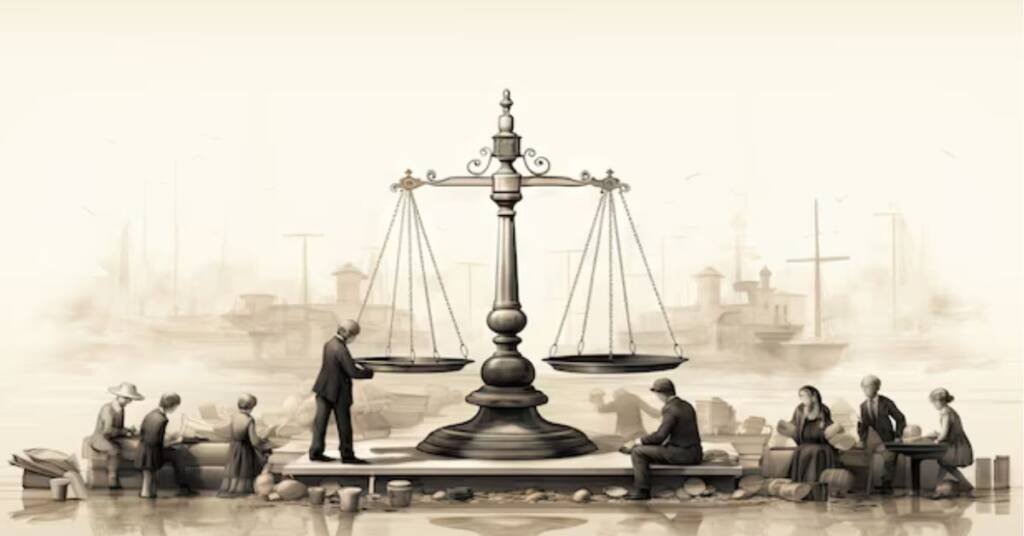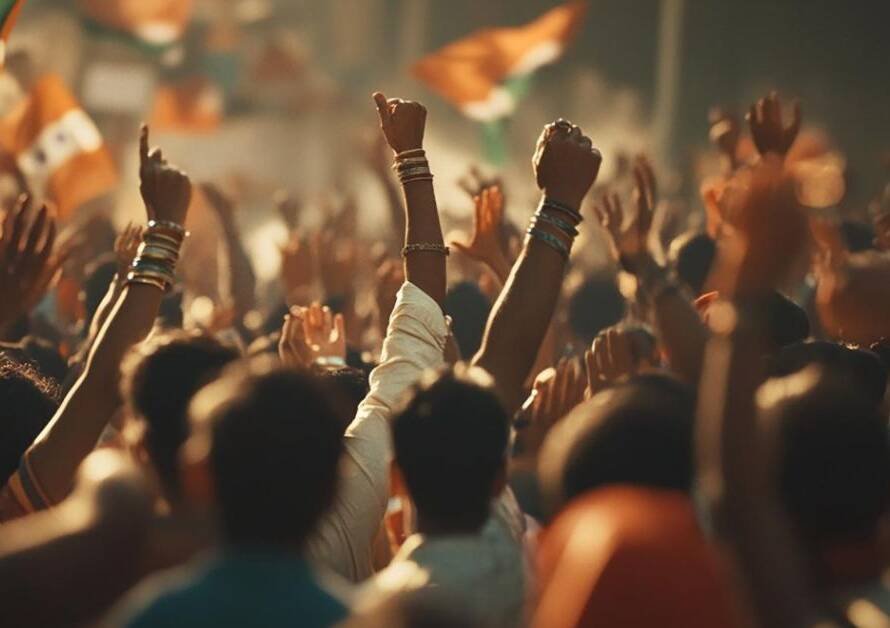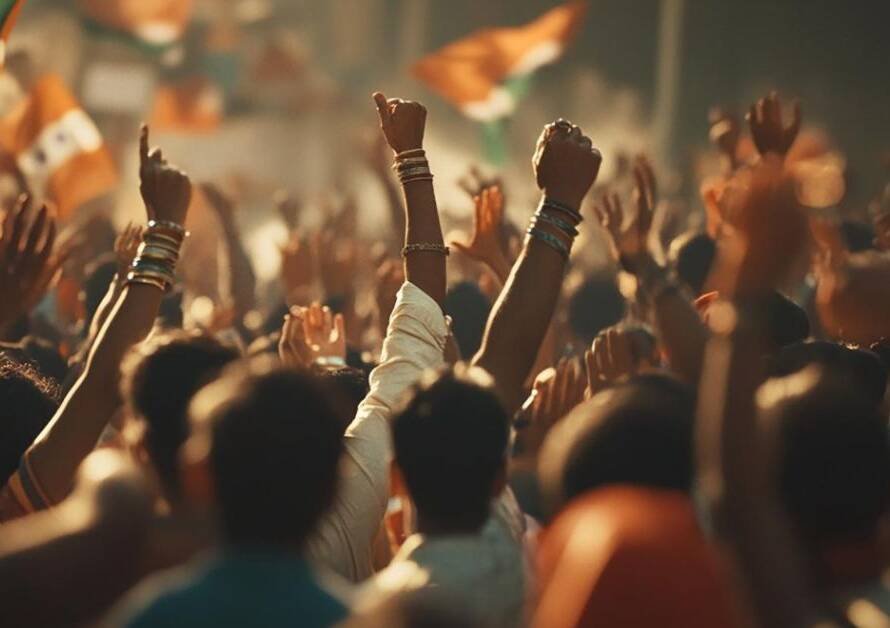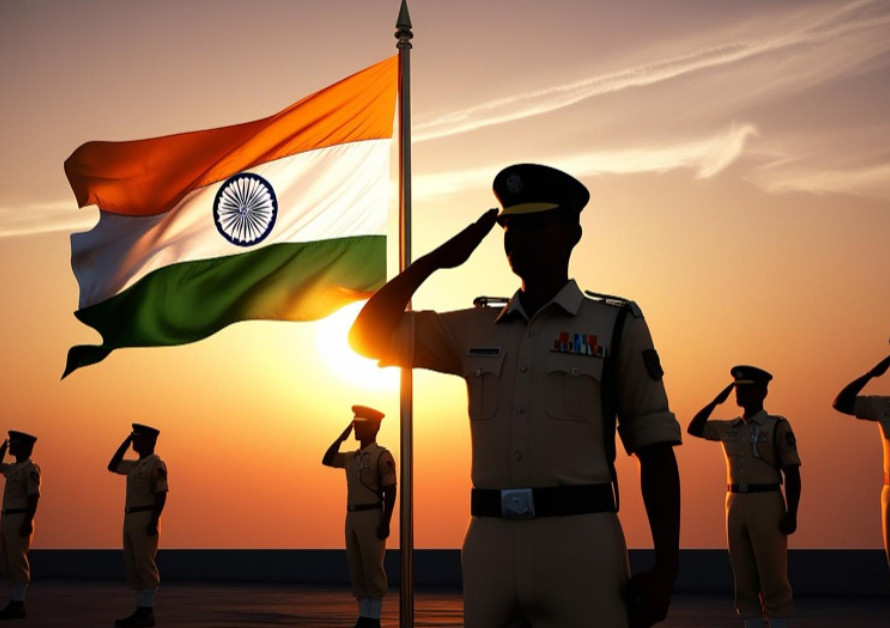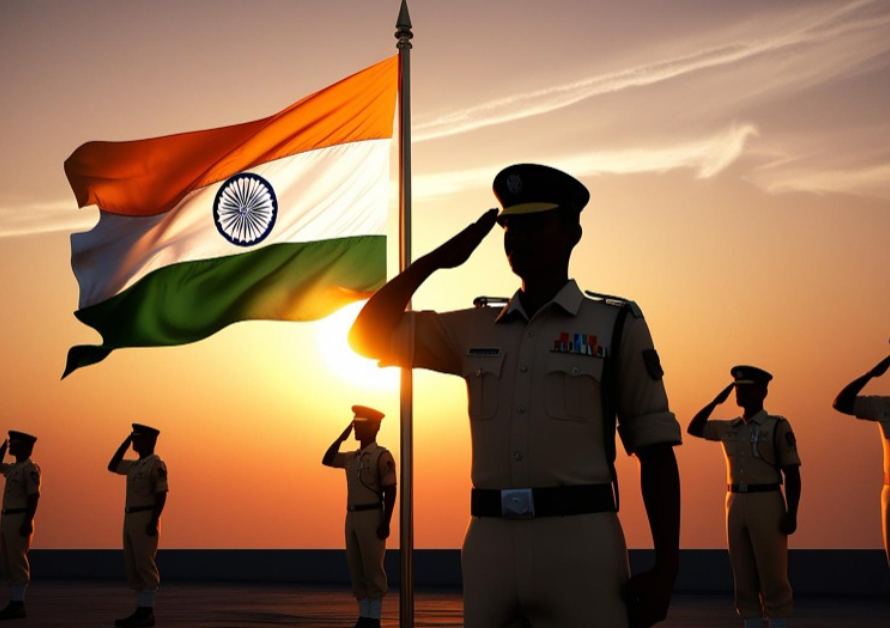In any true democracy, the elected government is the highest decision-making authority, as it derives its power directly from the people. The judiciary, while functioning independently, remains a part of the governance structure under the elected government. Its primary role is to interpret laws and ensure justice, but it cannot override the policies and decisions of the elected representatives who are accountable to the people. No institution, organization, or board should hold power above the elected government in a democratic system.
The Disturbing Situation in India
India, unfortunately, is witnessing an unprecedented and alarming shift where the balance of power is being challenged by non-governmental entities like the Waqf Board. The Waqf Board, a religious institution, has now reached a point where it openly threatens the Supreme Court, questioning the very authority of India’s highest judicial institution. This raises serious concerns about how religious institutions are being allowed to interfere in national governance and judicial affairs.
Adding to this crisis, India’s Supreme Court itself appears to be overstepping its constitutional limits, attempting to override the decisions and governance of the elected government. The judiciary’s role is to interpret laws, not to govern the country, yet recent instances indicate an increasing tendency of judicial overreach, where the courts seem to challenge and undermine the executive’s authority.
Why This Is a Threat to Democracy
Judicial Overreach:
- The Supreme Court appears to be interfering in matters that fall under the jurisdiction of the government, often ruling in ways that hinder governance rather than supporting democratic decision-making.
- The elected government, which has the people’s mandate, should not be dictated by unelected judges who do not face public accountability.
Waqf Board’s Unchecked Power:
- The Waqf Board, a religious body, is acting like a parallel governing force in India.
- It holds vast land assets and special privileges beyond what other religious institutions enjoy, creating an imbalance in the secular framework of the nation.
- The ability of the Waqf Board to challenge even the Supreme Court indicates an unhealthy consolidation of power within a religious group, which is dangerous for democracy.
Undermining the Elected Government:
- When institutions like the judiciary or religious boards start dictating terms to the government, it weakens democracy.
- The governance of the country should be in the hands of those chosen by the people, not those appointed through unelected processes or religious affiliations.
The Way Forward
Reaffirming the Power of the Elected Government:
The government must ensure that its authority is not compromised by judicial overreach or the influence of religious organizations. The Supreme Court should respect the constitutional boundaries of its role.
Curbing the Unchecked Influence of the Waqf Board:
The special privileges and extensive powers granted to the Waqf Board must be revisited. No religious body should have authority that supersedes national laws and democratic institutions.
Restoring Democratic Balance:
India’s governance should remain in the hands of the people’s representatives, without interference from religious groups or an overactive judiciary. Ensuring judicial accountability and limiting its interference in governance is crucial to maintaining the democratic structure of the country.
India is at a critical juncture where its democratic structure is being challenged by judicial overreach and the unchecked power of religious institutions like the Waqf Board. If this trend continues, the very foundation of democracy could be at risk. It is essential for the elected government to assert its constitutional authority, prevent undue interference, and ensure that governance remains for the people, by the people, and of the people—not dictated by unelected judicial bodies or religious organizations.

